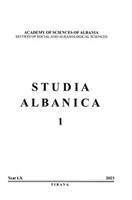Author(s): Zeynep Şeker / Language(s): Turkish
Issue: 2/2023
One of the prevalent inference methods the mutakallimūn uses is qiyās al-ghaib ‘ala al-shahid (analogy from the visible world to the invisible world). Mu‘tazila, who accepts this method as an absolute criterion in the divine attributes, rejects the possibility of difference between shahid and ghaib about the reality of attributes. By rejecting the concept of kalām nafsī adopted by Ahl alSunnah, they mention the divine speech in the category of actual attributes and claim that kalāmullāh (God’s speech), like human speech, is an accident consisting of words and sounds. Mu‘tazila, who defines mutakallim as the agent of kalām, claims that God is also the agent of the word. In this regard, Mu‘tazila, who defends the origin of the kalāmullāh and the createdness of the Qur’ān, focuses on the explanation of the nature of the kalām at the beginning of these theological subjects. As an extension of the issue of whether the ḥikāyah and maḥkī are the same or not, which is the subject of discussion in the context of the possibility of creating something similar to the Qur’ān, Mu‘tazila, who disagree on whether kalām (word) is a kind of sound (ṣawt) or not, examine the problem of the nature of the word by expanding it to include sounds. Although they agree that sounds are accidents created by humans through tawlīd, they propound different theories about the physical formation of sound and kalām. These theories are differentiated according to discussions about the essential factors for the formation of sounds. Some scholars claim that i‘timād generates sounds, and the substrate (maḥall) is enough to form the sounds. In contrast, others claim the necessity of a specific structure (binya), movement (ḥaraka), and air added to the substrate. In this regard, this study will deal with the effect of these factors mentioned above to the formation of the sounds and the physical examples which every group mentioned to prove its opinions rightfulness. The most detailed explanations about this topic are seen in the works of Baṣrian Mu‘tazila. Therefore, this study will examine the opinions about the production of sounds, which argued around metaphysical issues in the context of the createdness of the Qur’ān and the attribute of kalām, which are submitted by Abū ‘Alī al-Jubbā'ī (d. 303/916), Abū Hāshim al-Jubbā'ī (d. 321/933), and their followers Qāḍī ‘Abd al-Jabbār (d. 415/1025), Abū Rashīd al-Nīsābūrī (d. first half of the 5./11. century), and Ibn Mattawayh (d. first half of the 5./11. century), the representatives of Baṣrian Mu‘tazila, who adopt atomic universe understanding. The study aimed to form an opinion about the theologians’ way of discussing a particular physical phenomenon to constitute a basis for solving metaphysical problems. To clarify the problem, first, it will deal with the essence of sounds in the Baṣrian Mu‘tazilites tradition, and then it will tackle the discussions about the formation of the sounds.
More...


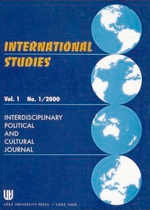
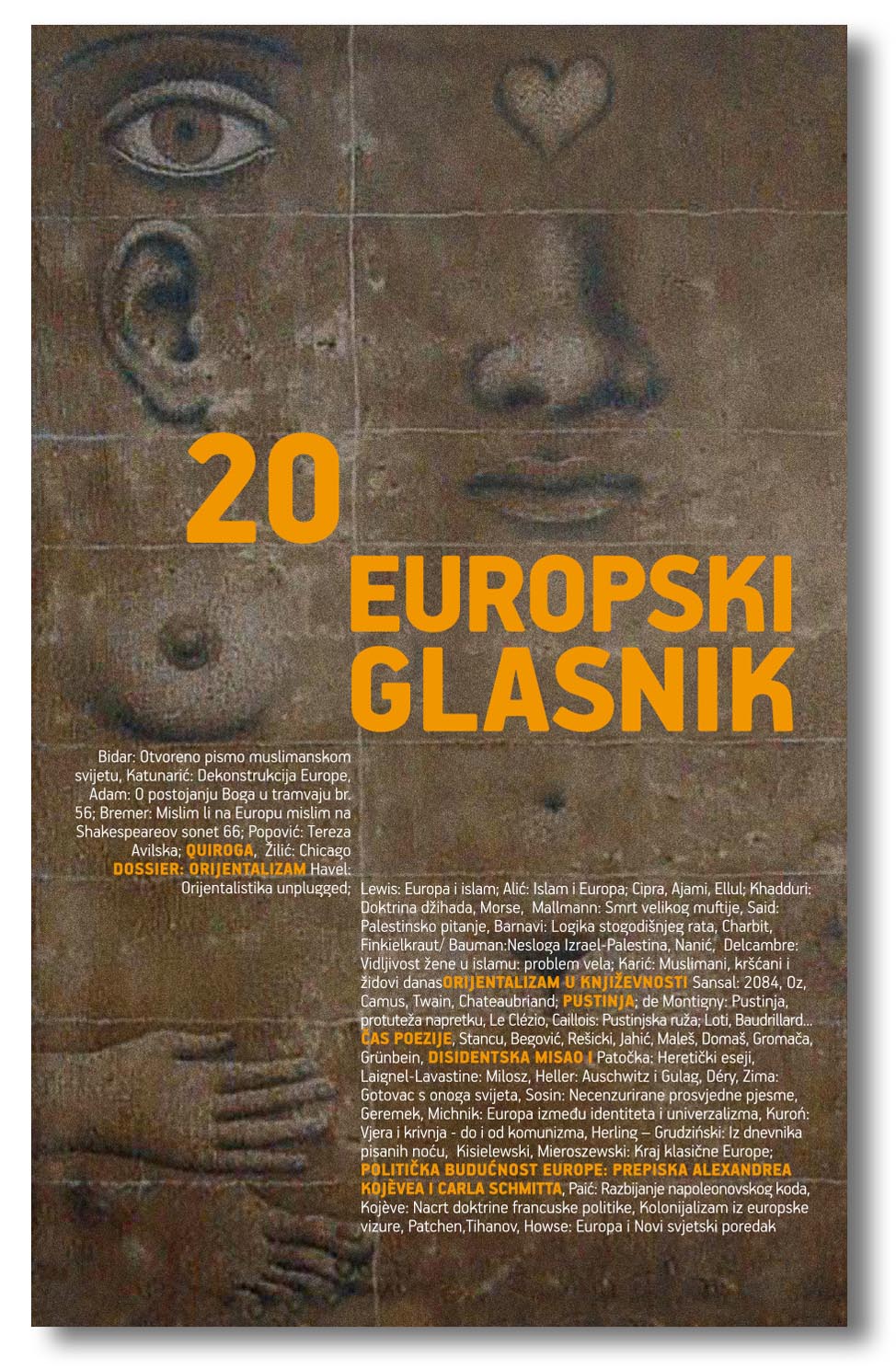
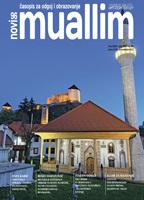
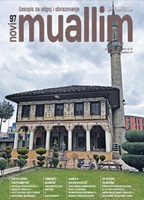
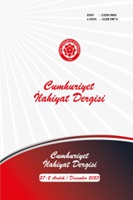

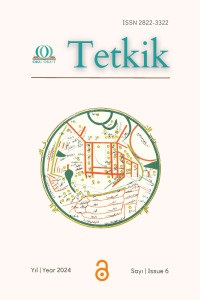

![Al-Siraj Al-Wahhaj Fi Qissat Al-Isra Wa Al-Mi'raj by Imam Shihab Al-Din Al-Qalyubi (D. 1069 AH) Study and Editing, From Page [53/B] To [54/A]](/api/image/getissuecoverimage?id=picture_2024_84585.png)


